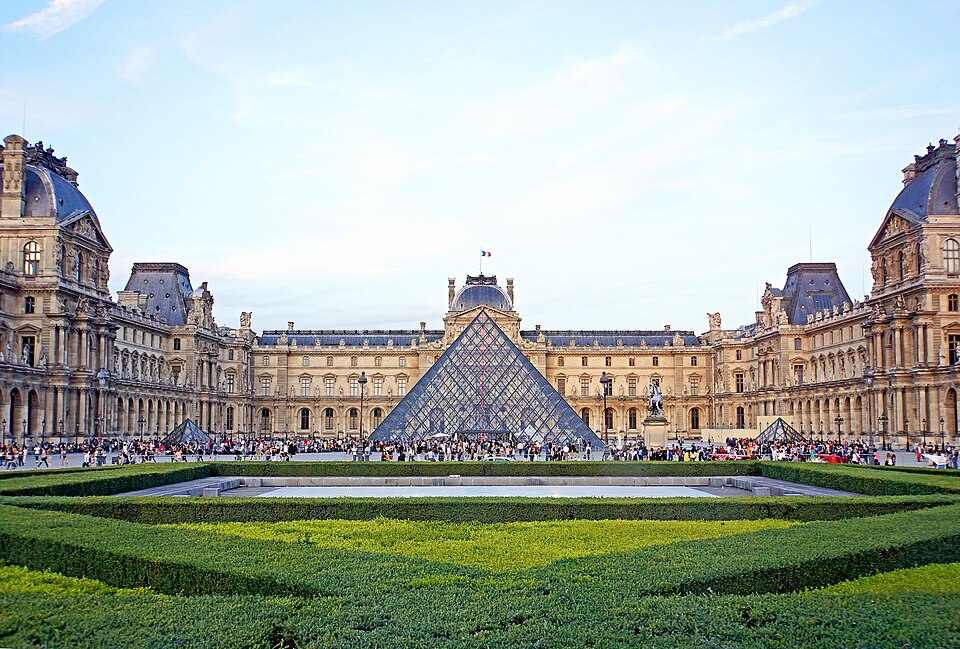
The Louvre Museum in Paris has closed one of its key galleries after engineers identified structural weaknesses in parts of the historic building, adding fresh unease to an institution already
under pressure following last month’s €88m jewellery heist.
The Campana Gallery — a suite of nine rooms showcasing ancient Greek ceramics — will remain shut while experts assess “certain beams supporting the floors” above the exhibition space, the museum announced on Monday. The affected beams are located in offices on the second floor of the Sully wing.
The closure comes as the Louvre faces intense criticism over its security practices after thieves carried out one of the most audacious robberies in its recent history. Four suspects have been arrested, but none of the seven stolen jewels — apart from a crown dropped during the getaway — have been recovered.
A report released three weeks after the theft by France’s Court of Auditors delivered a sharp rebuke to museum management, accusing leaders of prioritising acquisitions and new exhibitions over essential maintenance and security. Between 2018 and 2024, the museum spent €105.4m on new artworks and €63.5m on exhibition spaces, compared with just €26.7m on general maintenance and €59.5m on restoration of the palace building.
The 19 October heist unfolded within minutes. Prosecutors say the thieves arrived at 09:30 local time using a stolen vehicle equipped with a mechanical lift, which allowed them to access the Galerie d’Apollon from a balcony overlooking the Seine. Using a disc cutter, they smashed open display cases and escaped eight minutes later on two waiting scooters before switching to cars.
Authorities fear the jewels may already have been trafficked abroad, though the lead prosecutor says she remains hopeful they can be recovered intact. She also noted that the arrested suspects were petty criminals, not seasoned members of organised crime networks.
In the aftermath, security has been reinforced at major cultural institutions across France. The Louvre has transferred several of its most valuable jewels to the Bank of France for safekeeping. Photo by Dennis G. Jarvis, Wikimedia commons.



































